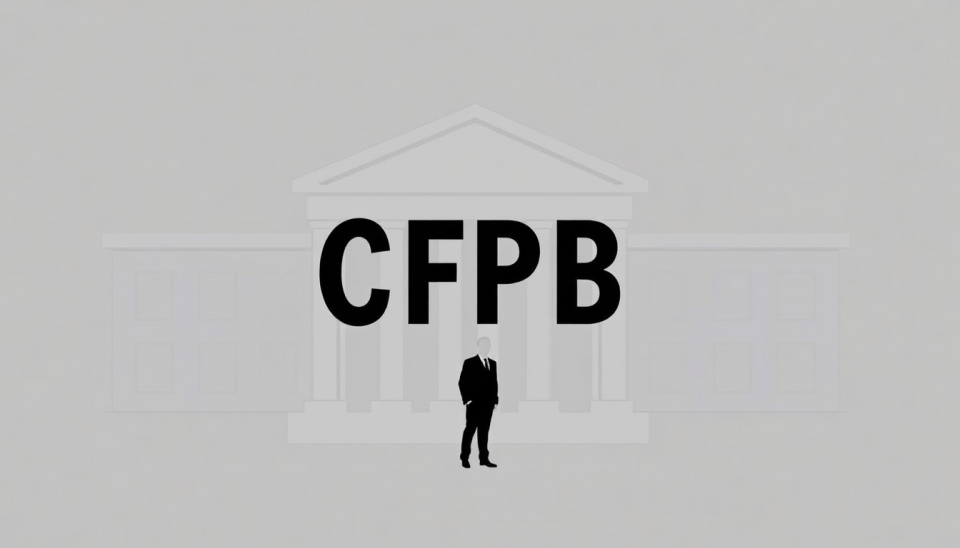
In a significant move that emphasizes regulatory scrutiny over tech giants, the Consumer Financial Protection Bureau (CFPB) has announced that it possesses supervisory authority over the payment unit of Google. This action signifies a deeper regulatory engagement with major technology firms that have ventured into financial services, ensuring consumer protection amidst the evolving landscape of digital finance.
According to recent reports, the CFPB is now extending its oversight to Google’s payment platform, which has been instrumental in facilitating digital transactions through various services. This marks a pivotal shift in the relationship between financial regulatory agencies and technology companies that increasingly offer payment solutions to consumers without necessarily being classified as traditional financial institutions.
The CFPB contends that it is equipped to govern the practices of Google’s payment unit under existing federal laws, placing an emphasis on safeguarding consumers against unfair practices and ensuring transparency in digital payment services. This decision could have broad implications, potentially influencing how other tech firms approach their financial products and the degree of compliance they must undertake to meet regulatory standards.
Industry specialists assert that this move by the CFPB could lead to an influx of similar regulatory actions against other tech firms that have begun to integrate financial functionalities into their platforms. As companies like Amazon and Apple also expand their payment offerings, the scrutiny from watchdogs like the CFPB may increase, pushing these tech giants to adopt stricter compliance measures and consumer protection protocols.
The announcement has generated mixed reactions among stakeholders in the financial technology sector. Some experts welcome the CFPB's decision as a necessary step to promote consumer safety and ethical practices. Others, however, argue that too much regulation could stifle innovation in an industry known for its rapid advancements and adaptability.
As this situation unfolds, it will be critical to observe how Google responds to the CFPB's oversight and what measurable changes occur in their payment operations. Equally important is the potential ripple effect this may have across the tech and financial services sectors as other companies may soon be required to align with similar scrutiny from regulatory agencies.
In conclusion, the CFPB’s decisive move illustrates a growing trend of regulatory bodies asserting their influence over fintech developments in response to evolving market dynamics. The increasing convergence of technology and finance demands a robust framework to protect consumers while fostering an environment conducive to innovation.
#CFPB #GooglePayments #Fintech #ConsumerProtection #RegulatoryOversight
Author: John Miller



